Claudette Colbert
Claudette Colbert was a star for so long that almost no one could remember when — or if — she had ever been anything else.
Her dominance of the screen began in 1932 with a single sensuous scene in Cecil B. DeMille's "The Sign of the Cross" that established her as star material.
She also made "Cleopatra" for DeMille, but that was after she made the film that brought her the Academy Award: the enduring comedy "It Happened One Night," in which her shimmering contralto voice was paired with Clark Gable's macho form and cynical demeanor.
And then followed a string of successes that included "Imitation of Life," "The Gilded Lily," "I Met Him in Paris," "Since You Went Away," "The Egg and I" and many more.
After high school graduation, Colbert first appeared in the stage play "The Wild Westcotts" in Stamford, Conn.
For the next three years the young actress survived a series of minor parts, short-lived engagements and less-than-successful road tours.
However, it was the part of Lou, the snake charmer, in "The Barker" in 1927 that became her true big break.
The play ran for 172 performances on Broadway and led to her first movie contract, starring opposite Ben Lyon in the silent film "The Love o' Mike."
But the advent of sound had led to an immediate demand for stage-trained performers; Colbert abandoned the stage to portray a distressed heroine trying to elude Edward G. Robinson in "A Hole in the Wall" for Paramount. She followed with another picture, "The Lady Lies," in 1929 and appeared in "The Big Pond," "Young Man of Manhattan," and "Manslaughter" the following year.
She grew weary of the casting and demanded to play what she once called "the wickedest woman in the world."
The 1932 role was that of Poppaea in "The Sign of the Cross," and a single scene—her bath in milk—established Claudette Colbert as a major sex star.
She was to reinforce that image in DeMille's "Cleopatra." But by that time, she had already appeared in the role that was to win her an Oscar.
The picture was a lightweight comedy, a thin tale about a runaway heiress and a newspaperman. Audience reaction, however, was instantaneous.
"It Happened One Night" was the sleeper hit of 1934.
It swept the Oscars (and because Gable appeared nude from the waist up, it almost demolished the undershirt business) and ensured the career credentials of just about everyone involved with the movie.
Colbert followed her successes in "One Night" and "Cleopatra" with "Imitation of Life," in 1934, and with "The Gilded Lily," "Private Worlds" (an Oscar nomination) and "She Married Her Boss" the following year, when she was named one of the 10 top moneymaking stars.
"Gilded Lily" also marked her first screen appearance with Fred MacMurray, with whom she would be successfully teamed in a number of pictures over the following decade.
"Skylark," "Remember the Day," "Palm Beach Story" and "No Time for Love" kept her busy in the early years of World War II, and the war itself inspired two of her more powerful performances.
Her role as an Army nurse during the Battle of Bataan in "So Proudly We Hail" was one of the less overstated—and more effective—performances among wartime dramas, while her portrayal of a wife and mother in "Since You Went Away" won a third Academy Award nomination.
There was new critical acclaim for "Three Came Home," but her next few films, including "Texas Lady" in 1955, were relatively unsuccessful. In the years that followed, she began to move away from films, returning to the stage and going into television.
She made what proved her final screen appearance as Troy Donahue's mother in "Parrish" in 1961.
Colbert had replaced Margaret Sullavan in "Janus" on Broadway in 1956, and two years later appeared opposite Charles Boyer in "The Marriage-Go-Round," which ran for 450 performances.
Interviewed on the eve of her acceptance in 1989 of the Kennedy Center honors, she disarmed reporters by saying little except, "There's nothing new I can tell you. What's great is that I'm still here."
Related stars
|
|
Points of interest
Academy Awards
| Year | Category | Work | |
|---|---|---|---|
| 1934 | Best Actress | It Happened One Night | Win |
| 1935 | Best Actress | Private Worlds | Nomination |
| 1944 | Best Actress | Since You Went Away | Nomination |
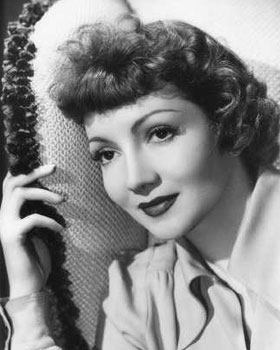
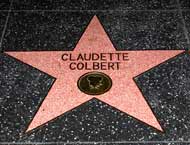
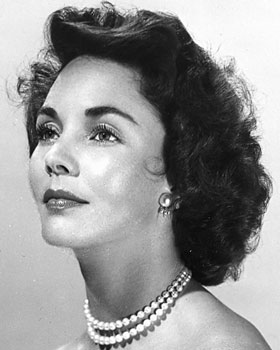
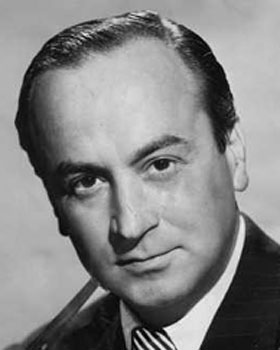
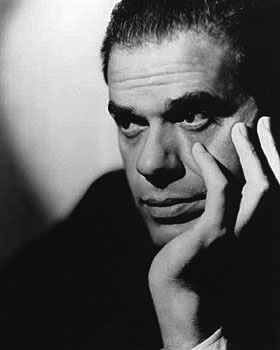
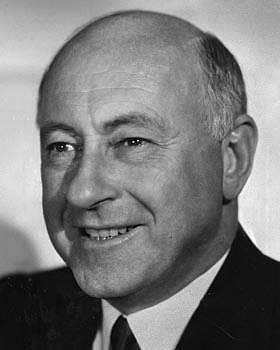
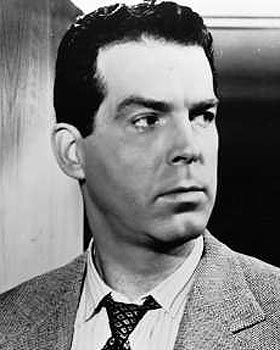
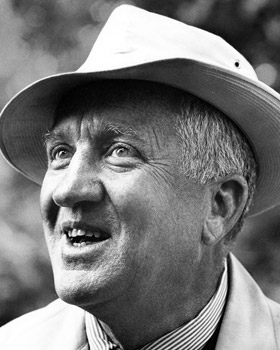
One thought about Claudette Colbert
Share a thought about Claudette Colbert